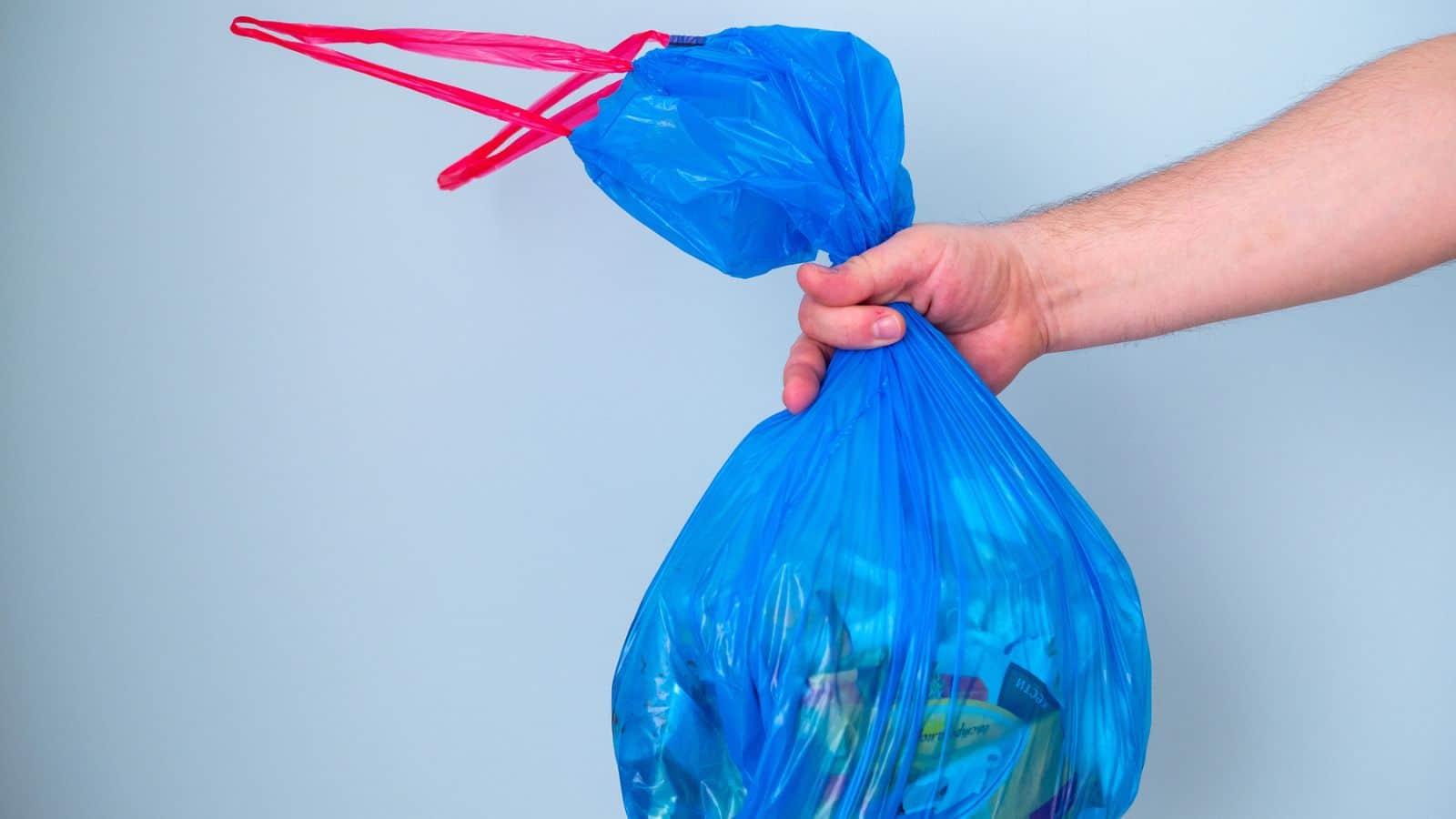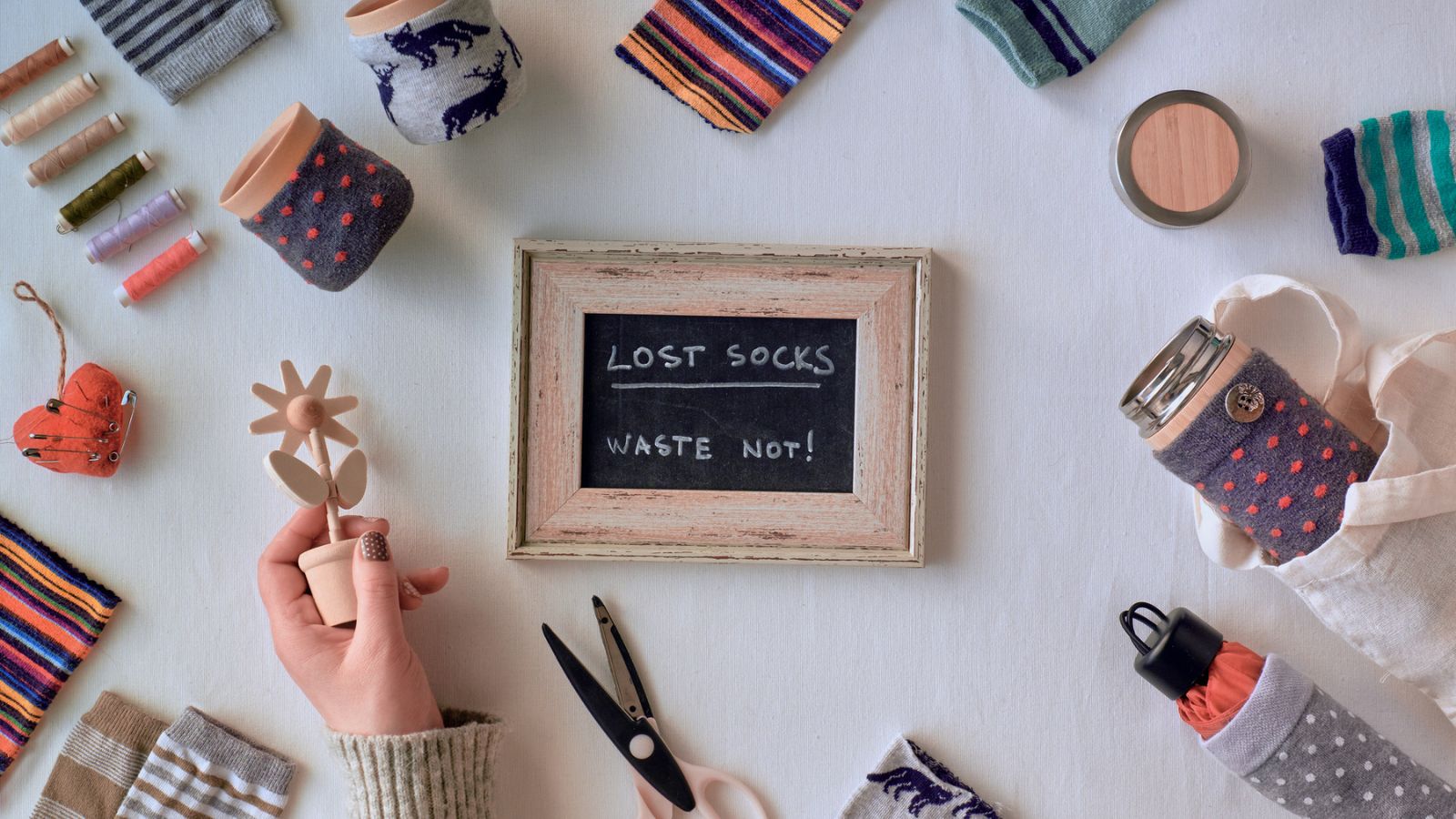Life hacks are all the rage these days. From using binder clips to organize cables to repurposing shower caps as shoe covers, people are always looking for clever ways to save time and money. While many life hacks are aimed at people with disposable income, poor people have a wealth of knowledge when it comes to frugal living. Here are some surprising life hacks you can learn from people who live on a tight budget:
1. Shop At Thrift Stores

Poor people often shop at thrift stores for clothes and household items. This not only saves money but also reduces waste by giving new life to gently used items. You can often find great deals on high-quality items that would be much more expensive if bought new.
2. Learn to Sew

Poor people often learn to sew as a way to repair or alter clothing. This not only saves money but also allows you to personalize your wardrobe and express your creativity. You can also use sewing skills to create gifts for friends and family.
3. Cook in Bulk

Poor people often cook large batches of food at once and freeze portions for later. This not only saves time but also ensures that food doesn’t go to waste. It’s also a great way to save money on groceries by buying ingredients in bulk and taking advantage of sales.
4. Use Public Transportation

Poor people often rely on public transportation to get around, as it is cheaper than owning a car. While it may take longer to get where you’re going, it’s a great way to save money on gas and car maintenance. Plus, you can use the time to read or catch up on work.
5. DIY Home Repairs

When something breaks in a poor person’s home, they often try to fix it themselves before calling a professional. This can include everything from unclogging a drain to patching a hole in the wall. Not only does this save money on repairs, but it also gives you a sense of accomplishment and self-sufficiency.
6. Buy in Bulk

Poor people often buy in bulk to save money on groceries and household items. This can include everything from toilet paper to laundry detergent. By buying in bulk, you can often get a better price per unit and reduce the number of trips you need to make to the store.
7. Reuse Plastic Bags

Poor people often reuse plastic bags for multiple purposes, such as carrying groceries or storing leftovers. This not only saves money but is also an eco-friendly alternative to constantly buying new bags. You can also use them to wrap delicate items when packing or as a makeshift shower cap when traveling.
8. Repurpose Old Clothes

Instead of throwing away old clothes, poor people often find creative ways to repurpose them. For example, an old T-shirt can become a cleaning rag or a dish towel. An old sweater can be unraveled and the yarn used to knit something new. This not only saves money but also reduces waste.
9. Make Your Own Cleaning Products

Poor people often make their own cleaning products as a way to save money and avoid harsh chemicals. For example, you can make an all-purpose cleaner by mixing vinegar and water, or a furniture polish by combining olive oil and lemon juice. Not only are these DIY products cheaper, but they are also healthier for you and the environment.
10. Grow Your Own Food

Poor people often grow their own food as a way to save money on groceries and ensure that they have access to fresh produce. Even if you don’t have a backyard, you can grow herbs or vegetables in containers on a balcony or windowsill. Not only is it cheaper and healthier than buying produce from the store, but it’s also a great way to connect with nature and develop a new hobby.
11. Barter and Exchange Services

Poor people often engage in bartering goods and services instead of using money. This can include trading items like books or clothes, or exchanging services such as babysitting for gardening help. This habit not only fosters a sense of community and mutual support but also saves money and resources.
12. Utilize Community Resources

Many people with limited financial resources make excellent use of community programs and facilities, such as libraries, community gardens, and free educational workshops. These resources provide free or low-cost opportunities to learn new skills, access books and media, and even grow fresh food, which helps stretch budgets further.
13. Minimize Utility Usage

To save on utility bills, poorer households often become very conscious of their water and electricity use. This includes practices like taking shorter showers, turning off lights when not in use, and using natural light during the day. These habits not only reduce bills but also contribute to environmental conservation.
14. Creative Repurposing

Poor households are often masters of repurposing items that others might throw away. For example, glass jars can be used for storage or as planters and old furniture can be refurbished into something stylish and useful. This approach reduces waste and avoids the cost of buying new items.
15. Hand-Me-Downs and Shared Items

Instead of purchasing new clothes or toys for children, it’s common in financially constrained communities to rely on hand-me-downs from older siblings or family friends. This habit extends the life of items, reduces waste, and maintains a cycle of sharing and community support, which can lead to significant savings.
50 Super Simple Side Hustle Ideas

50 Super Simple Side Hustle Ideas (& How to Make Them Work)

10 Frugal Lessons I Learned From Being Flat Out Broke
How To Make Money Without a Job

How To Make Money Without a Job
Creative Ways To Make Money

20 Easy Ways to Raise A Credit Score Fast

Read More: 20 Easy Ways to Raise A Credit Score Fast
Frugal Living Tips: The Essential Guide To Start Saving Money

Frugal Living Tips: The Essential Guide To Start Saving Money